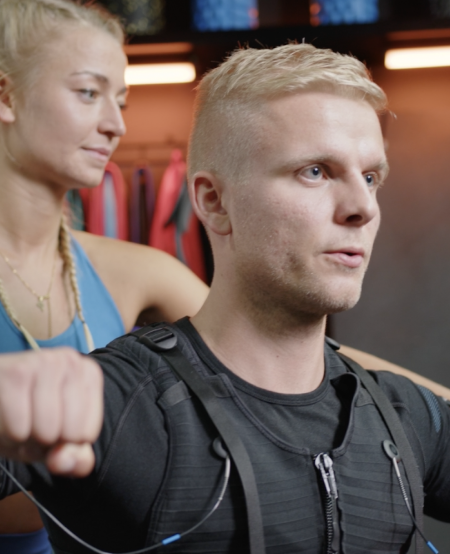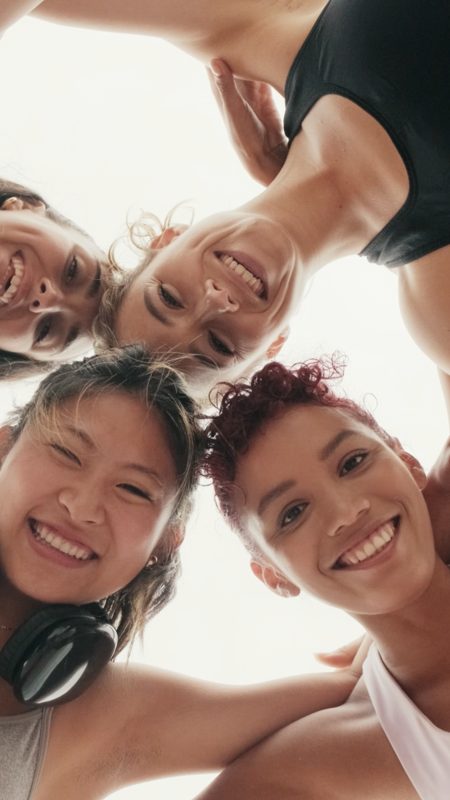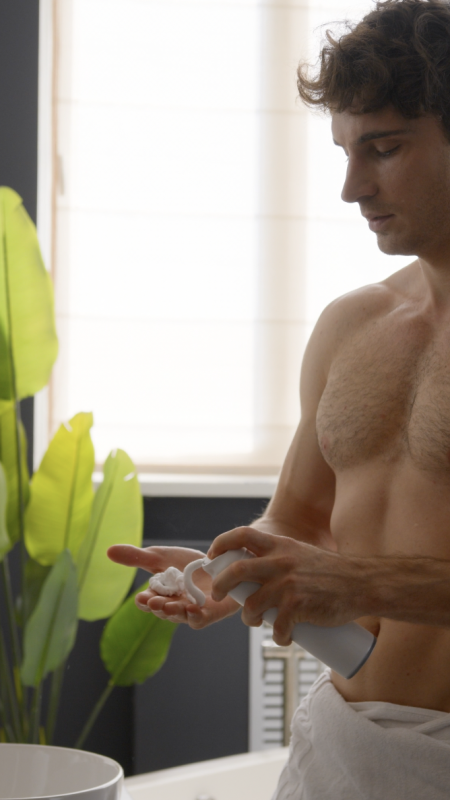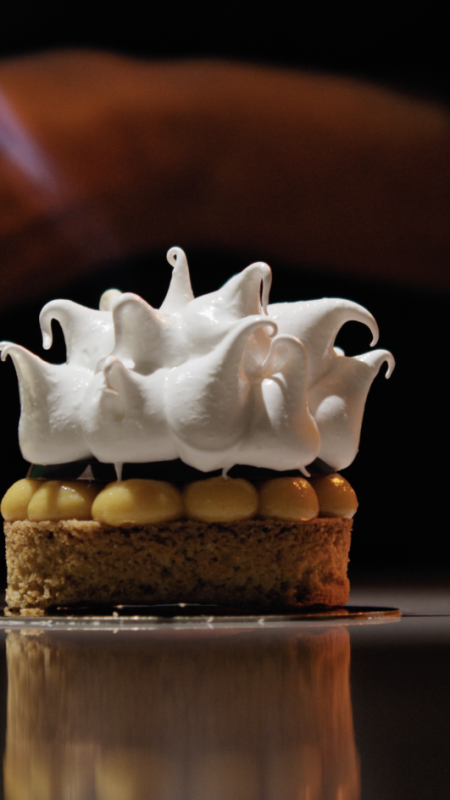Science vs. Sleep Myths: Biohacking Your Circadian Rhythm
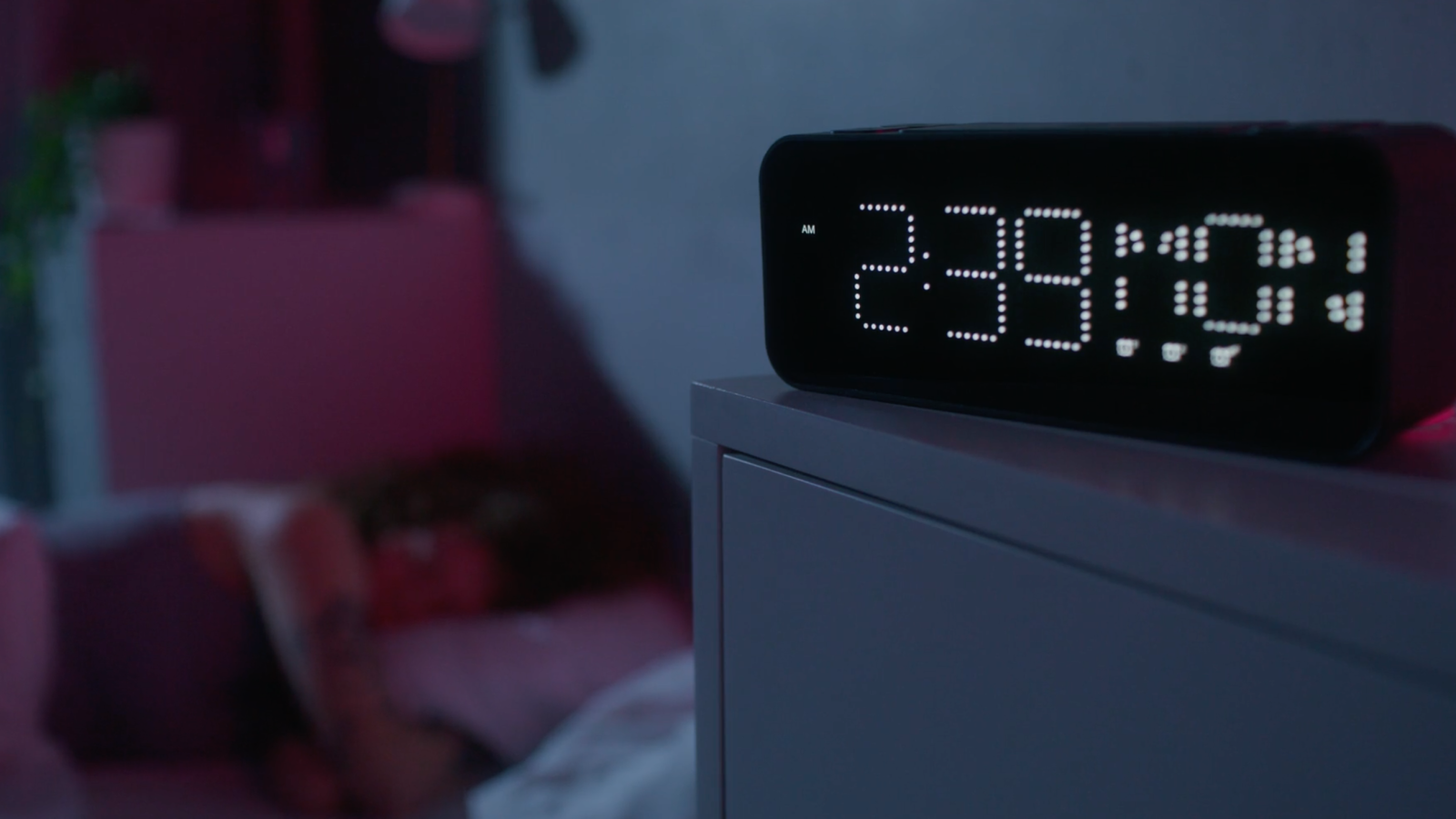
A good night’s sleep was once simply all about a nice duvet set and an early bedtime – but, thanks to science, we now know far more about achieving the quality slumber that enables us to wake up feeling refreshed. Indeed, whether you are a frequent flyer, ‘digital nomad’ or simply want to improve this pillar of your wellbeing – possibly after a period of stress, high tech use or poor lifestyle – there are a slew of new ‘biohacking’ tools to help you rest easy.
Before we begin, you almost certainly know that paying attention to how well you are snoozing is of the utmost importance – since it aids everything from brain performance to allowing your body to properly recover each night. However, there’s a little more to it if you want to maximise these natural processes for improved daytime energy or to iron out disruption to your sleep schedule that happens to us all from time to time.
Circadian biology 101
Let us introduce you to the circadian rhythm, which is the physical, mental and behavioral changes that all organisms experience over a 24-hour cycle. According to the NIH in the US, it is determined by your biological clock and it can dictate things like hormonal fluctuations as well as appetite levels. Not to mention whether or not you find yourself in a bleary-eyed, grouchy mood. It is mainly influenced by light, but the likes of food, movement and temperature can also have an impact.
Now, if your schedule is disrupted for whatever reason, then your natural circadian rhythm can also find itself disrupted – and so can your rhythmic ‘sleep-wake’ cycle. This could be down to travelling between time zones, which causes ‘jet lag’, or staring at a screen late into the night on a deadline which will likewise confuse your internal clock. In simple terms, this means your sleep is less rejuvenating than it should be.
Top tools for sleep ‘biohacking’
Fortunately, there are many tech developments now available to help you align your circadian rhythm so you can catch Zzz every time your head hits the pillow. These include wearable devices – notably the Oura Ring, Whoop and Apple Watch – which can provide sleep tracking and ‘readiness’ scores to indicate that you might need extra rest. You can also enlist mattress cooling capabilities to regulate your core body temperature – with Eight Sleep and ChiliPAD leading the way in this arena.
Think you’re at the whims of the sky for your light exposure? Think again. Both Re-Timer and Luminette glasses provide portable light therapy on the go in order to shift your circadian phase and get your sleeping pattern balanced. Similarly, F.lux syncs your computer screen with the time of day – including warming up at night to help you relax – and blue light glasses are another great step to swerve the fallout of evening screen use. They work to reduce the amount of blue light that reaches your eyes which suppresses the body’s release of the sleep hormone melatonin.
Melatonin: Myths vs. science
Now, melatonin has become something of a wellness buzzword in recent years, with increased interest in its ability to aid sleep. As the NCCIH in the US explains, it is produced by your brain in response to darkness, and it – crucially – helps with the timing of your circadian rhythm. This is why, in essence, people have awoken to the possibilities of melatonin supplements, which are available on prescription in certain countries and over-the-counter in others.
However, a review of the research has found that the use of melatonin by healthy adults may prevent phase shifts from jet lag and cause improvements in insomnia – but to a limited extent. Further still, many people commonly misuse it. As USA Today reports, it is a frequent misconception that it’s ‘sedative’ that should be used shortly before lights out. In actual fact, it should actually be taken a few hours beforehand to boost effectiveness. There is also evidence, they note, that a dose as little as 3 milligrams is all you need.
Jet lag recovery protocols
While melatonin may have negligible benefits for jet lag – which, according to the CDC in the US, is when the body’s circadian rhythm is disrupted by travelling across time zones – there are many other evidence-based ways to get your sleep back on track. Firstly, it’s worth checking out the various jet lag ‘calculators’ that can advise you on how to shift your body clock to reduce or prevent jet lag. These include the Timeshifter app.
According to the Sleep Foundation, avoiding light exposure at the wrong time is vital for preventing your clock from shifting in the wrong direction. That means taking steps such as dimming indoor lights and avoiding use of electronic devices. A study has shown that eating a big meal in the early morning in your new time zone may help you overcome jet lag, while according to the Journal of Clinical Sleep Medicine you should avoid caffeine consumption within six hours of your intended bedtime at your destination.
Daily sleep rituals
There are some lifestyle tweaks you can likewise do everyday to promote better quality shut-eye. ‘View sunlight by going outside within 30 to 60 minutes of waking,’ recommends neuroscientist Dr Andrew Huberman, as part of the ‘toolkit for sleep’ on his platform, when it comes to getting the right light exposure for your circadian rhythm. ‘Do that again in the late afternoon, prior to sunset.’ He explains it need only be for 10 minutes on bright days and 20 minutes on cloudy days.
Another important habit to get into is consistency. ‘Wake up at the same time each day and go to sleep when you first start to feel sleepy,’ continues Dr Huberman. You also want to think about temperature. ‘Your body needs to drop in temperature by one to three degrees to fall and stay asleep effectively,’ he adds, of why it’s key to keep your room cool. As mentioned, there is research that Eight Sleep – which is centred around a temperature-control mattress feature – improves deep, light and REM sleep stages, which are all necessary to wake up feeling refreshed.
There also some things you should avoid daily where possible to enhance your ability to snooze. ‘Viewing bright lights of all colours are a problem for your circadian system,’ warns Dr Huberman. Which includes that beamed from your screens. Additionally, he encourages you to limit alcohol because it ‘messes up’ your sleep, while there is evidence that consuming too much processed food may sabotage rejuvenating deep sleep. However, if you prioritise science, your circadian rhythm needn’t be a nightmare.







